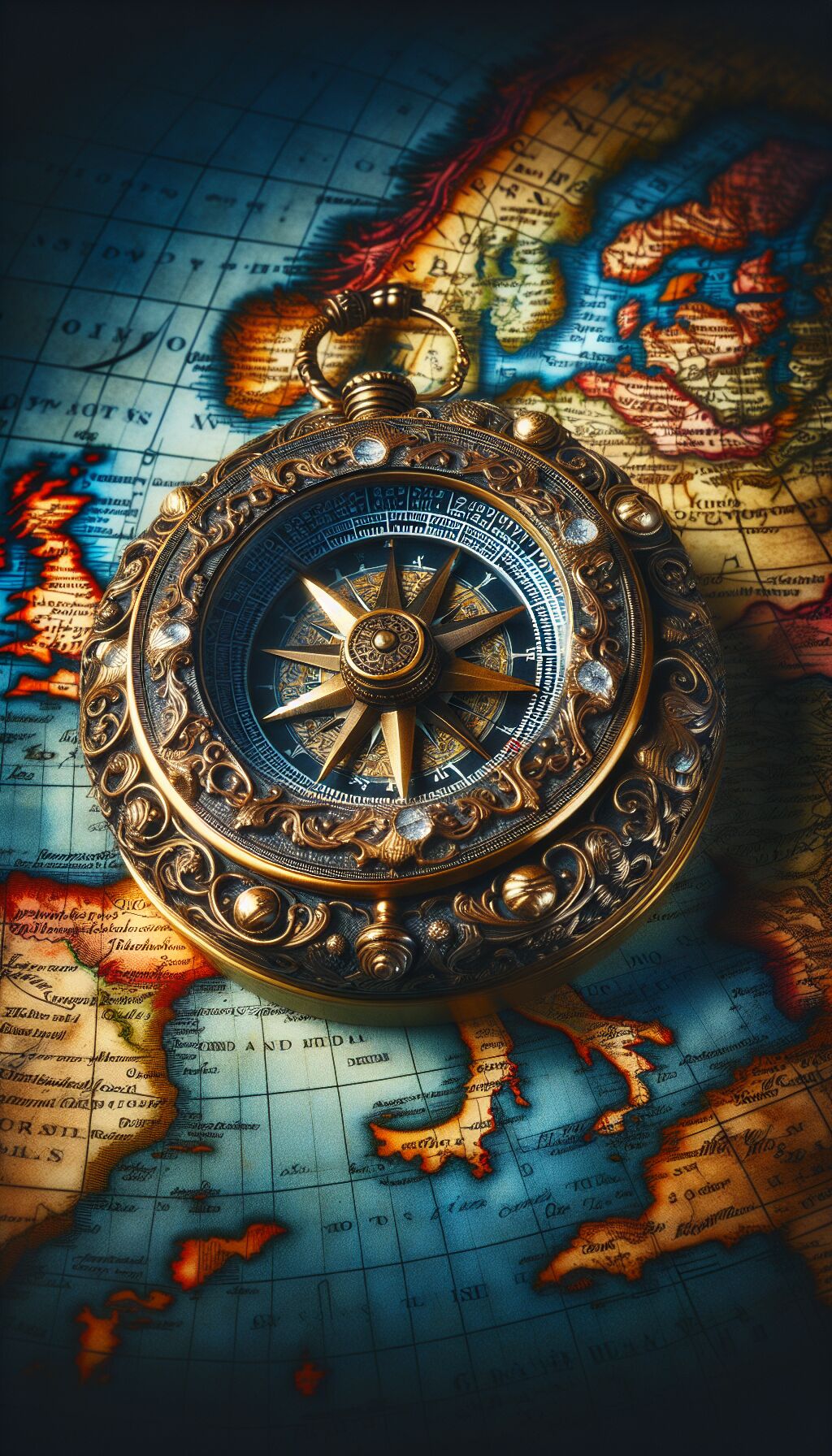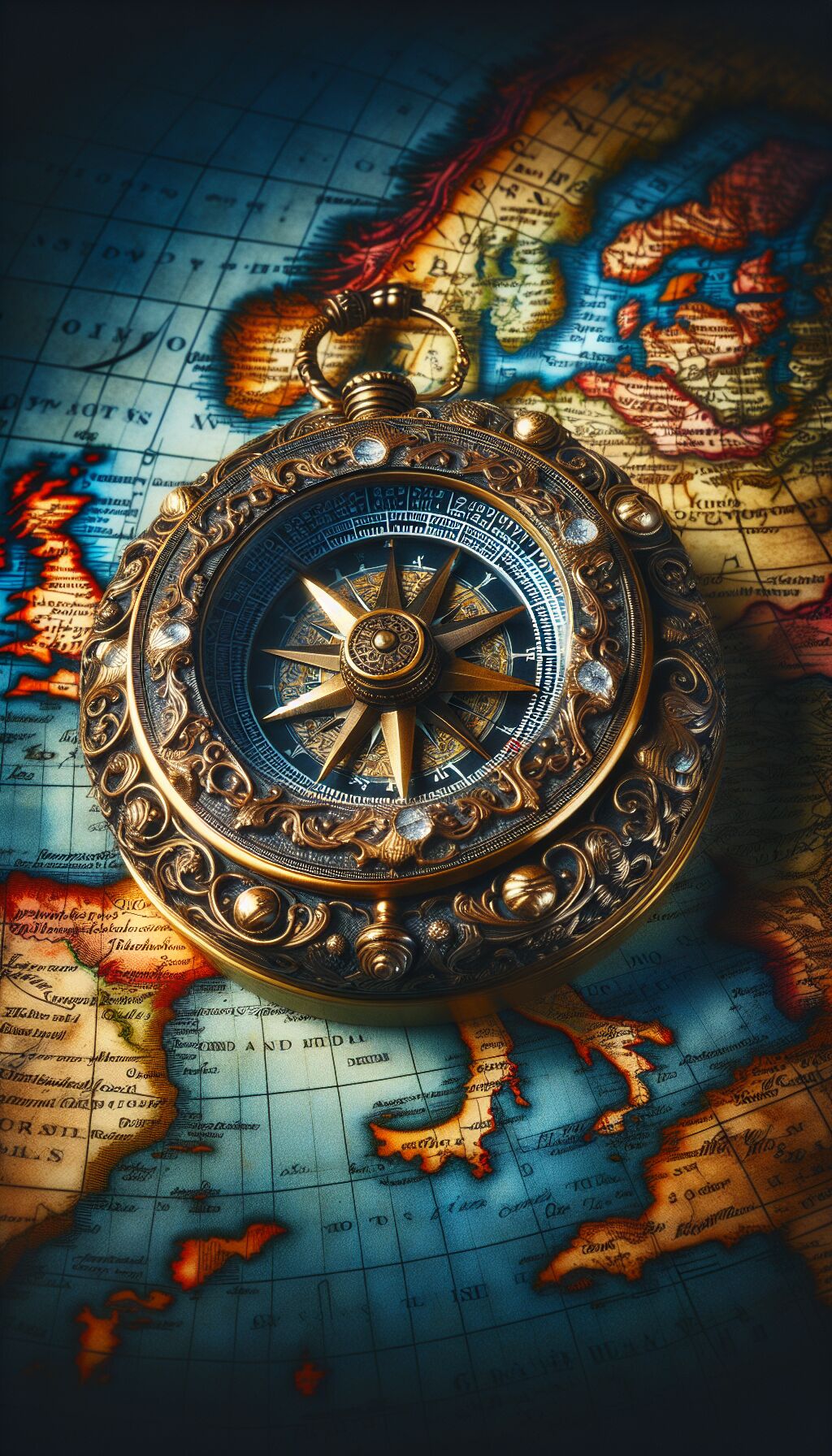Is It Time for Germany to Rethink Its Economic and Political Strategy?
In recent years, Germany, the powerhouse of Europe, has reached a critical juncture. As global dynamics shift, leading economies are facing unprecedented challenges. From economic stagnation to geopolitical tensions, the question arises: Is it time for Germany to rethink its economic and political strategy?
Current Economic Landscape
Germany’s economy, the largest in Europe, has long been characterized by its robust industrial base, a strong export sector, and a reputation for fiscal prudence. However, in 2023, a series of economic indicators suggest a turning tide. The European economy, still recovering from the fallout of the COVID-19 pandemic, faces new challenges rooted in inflationary pressures, rising interest rates, and shifting supply chains.
In its quest for energy independence, Germany’s energy policy has undergone a significant transformation, especially following the conflict in Ukraine, which highlighted the vulnerabilities of relying heavily on Russian gas. The decision to accelerate the transition to renewable energies was commendable, but the implications on the economy and energy costs remain contentious topics of debate.
Trade Relations at a Crossroads
Germany has traditionally enjoyed strong trade relations, particularly with China, which has become one of its largest trading partners. However, growing geopolitical tensions, including trade disputes and concerns over human rights, have prompted calls for a reevaluation of this relationship. Economic dependence on China poses risks: should Germany diversify its trade partnerships, or could doing so jeopardize its economic recovery?
Furthermore, the push for “de-risking” rather than decoupling from China presents its own set of challenges. Maintaining a balance between fostering relationships in Asia and prioritizing local industries will be vital for sustaining economic growth in the years to come.
The Energy Transition Dilemma
The drive toward renewable energy has captivated Germany’s political agenda. Initiatives such as the “Energiewende” aim to transition the nation from fossil fuels to sustainable energy sources. Nevertheless, execution has been fraught with obstacles, from infrastructural inadequacies to public concern regarding energy costs and availability.
Germany’s ambitious targets for carbon neutrality by 2045 are laudable, but the journey contains uncertainties, including reliance on international suppliers for key technologies. Critics argue that without a clear roadmap, these goals risk becoming mere political slogans, leading to potential economic instability.
Political Fragmentation and Public Sentiment
On the political front, Germany faces fragmentation within its traditional party structure. The rise of alternative parties and populist movements reflects growing discontent among citizens, particularly regarding issues like immigration, social justice, and climate change. As voters turn away from mainstream parties in search of alternatives, this fragmentation poses a significant challenge for coalition governance.
Chancellor Olaf Scholz’s coalition government must navigate these waters carefully. The need for consensus amid diverse interests complicates policymaking, leaving citizens feeling disenchanted with the political process. If this disenchantment continues, it could lead to further instability and a lack of public trust in governmental institutions.
Germany’s Role in a Multipolar World
In light of shifting global power dynamics, Germany’s role within the European Union and the international community is evolving. Once viewed as a stabilizing force, Germany now faces pressure to take a more assertive stance on issues such as security, climate change, and economic leadership.
With a strained relationship with the United States, exacerbated by differing views on foreign policy and climate initiatives, Germany’s ability to lead Europe effectively is in question. Reassessing its position in a multipolar world could lead to strategic partnerships that bolster both political influence and economic strength.
The Path Forward: Balancing Inward Focus and Global Engagement
For Germany to navigate these complexities, a balanced approach is essential. This involves not only reassessing trade agreements and energy policies but also engaging with citizens to rebuild trust in democratic institutions. A transparent dialogue with the public regarding the challenges ahead can foster a greater sense of national unity, even amid differences in opinion.
Additionally, rethinking educational and vocational training systems to align with future labor market demands will play a critical role in ensuring a competitive workforce. Investing in research and innovation in technology and sustainability will strengthen Germany’s economic resilience while addressing contemporary environmental challenges.
Conclusion: A Call for Visionary Leadership
Germany stands at a crossroads. The path it chooses will not only affect its economic landscape but also its societal fabric and international standing. Strong, visionary leadership is necessary to steer the nation through the turbulent waters ahead.
As global challenges mount, from climate change to economic inequalities, Germany must embrace a proactive and flexible strategy. This will require both rethinking traditional economic frameworks and fostering new political dialogues. Ultimately, a comprehensive reevaluation of Germany’s economic and political strategy is not only timely but essential for securing a prosperous future.
If Germany approaches these challenges with courage and creativity, it can emerge as a stronger leader on the global stage, paving the way toward a sustainable and equitable future.













